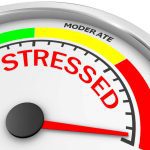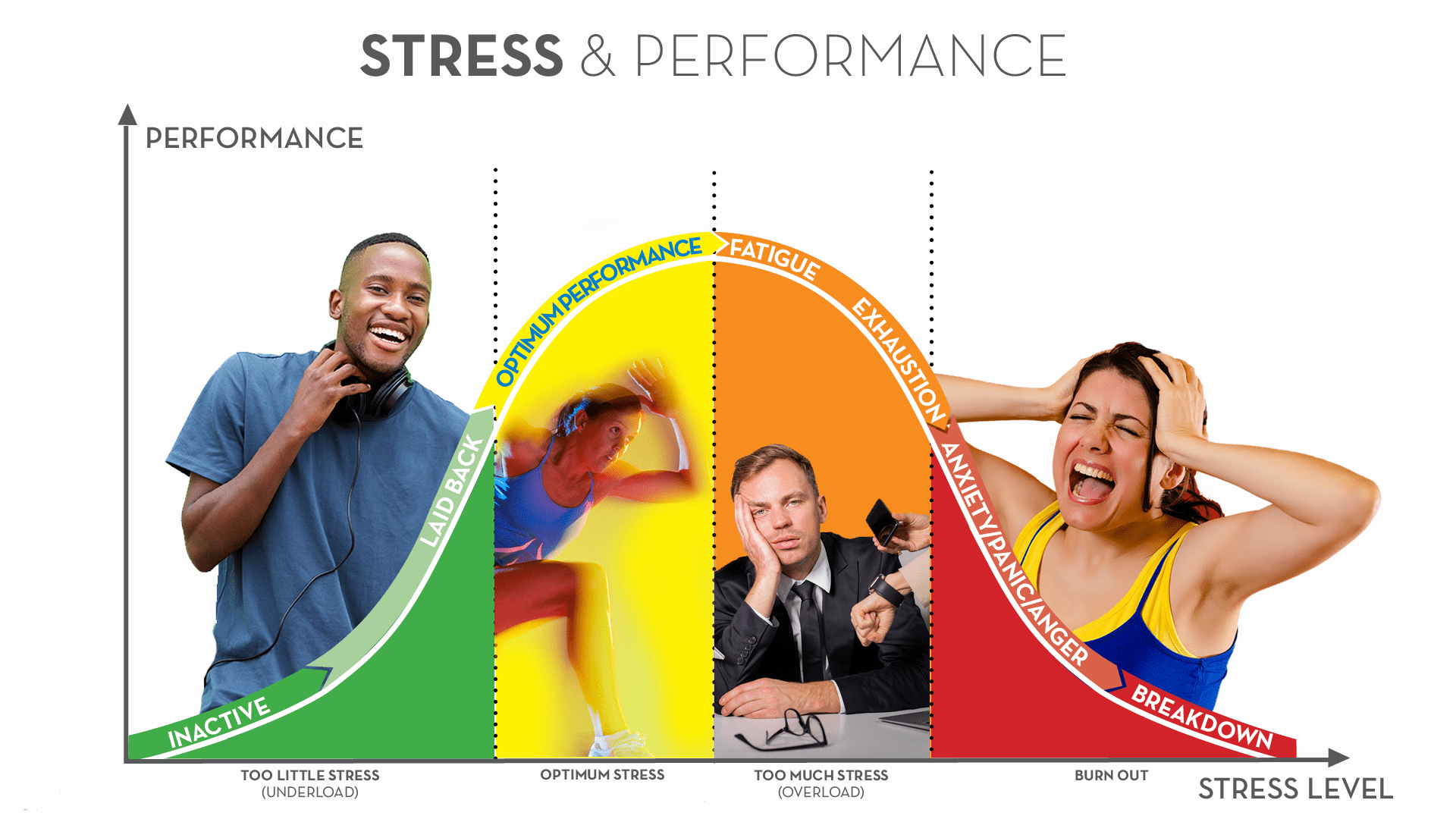Stress Level Test

If you are suffering from high-stress levels, you may feel tense or anxious, have headaches, stomach complaints, or even symptoms that mimic illnesses. Long-term exposure to stress can also lead to mental health problems such as depression and anxiety.
Sometimes, it’s easier to recognize stress in others than in yourself. You may have learned to endure rather than overcome the emotional chaos caused by stress. Problems may be difficult to recognize because they have become so familiar. That can make your daily life miserable and negatively impact your physical health, sometimes drastically. Yet you may not be aware or willing to admit that you are under stress.
Perceived Stress Scale (PSS)
The Perceived Stress Scale (PSS) is a classic stress assessment instrument. The tool, while originally developed in 1983, remains a popular choice for helping us understand how different situations affect our feelings and our perceived stress. The questions in this scale ask about your feelings and thoughts during the last month. In each case, you will be asked to indicate how often you felt or thought a certain way. Although some of the questions are similar, there are differences between them and you should treat each one as a separate question. The best approach is to answer fairly quickly. That is, don’t try to count up the number of times you felt a particular way; rather indicate the alternative that seems like a reasonable estimate.
Stress Level Text VS Stress Test (Exercise Stress Test)
There is confusion between stress level text (which measures whether your stress level is too high) and stress test, which is also called an exercise stress test or a cardiac stress test, or a treadmill test (which shows how your heart works during physical activity.) In this article, we will concentrate on the ❤️first test – stress level text (which measures whether your stress level is too high)
If you want to read more about a cardiac stress test – please follow this link below.



Lifescape Recovery Mental Health is a top-rated mental health and addiction treatment facility in Los Angeles, California. We create a safe space for patients to explore their mental health goals and needs. We offer a free, confidential consultation to any new clients and provide a number of different therapies to treat a wide spectrum of mental health struggles such as depression, anxiety, eating disorders, and substance use disorders. Our IOP and PHP facility is fully accredited. We are one of the highest-rated centers for mental health treatment in Los Angeles, California, which provides both in-person and online therapy. Our patients express endless gratitude and appreciation for the staff and the services and recommend Lifescape Recovery for their friends, colleagues, and community. There has never been a more important time to address mental health needs! Contact us today!
Published: February 14, 2022
Last Updated: February 15, 2022

Published: January 26, 2026
OCD vs. Autism: Understanding the Differences
Obsessive-compulsive disorder (OCD) and autism spectrum disorder (ASD) are often confused with one another. Both can involve repetitive behaviors, rigid routines, sensory sensitivities, and distress when things feel “off.” From the outside, the overlap can look striking. But in clinical treatment, the why behind those behaviors matters just as much as the behaviors themselves. At […]
Read more
Published: January 15, 2026
Obsessive-Compulsive Personality Disorder (OCPD)
People living with Obsessive-Compulsive Personality Disorder or OCPD often don’t see themselves as struggling with a mental health condition. They see themselves as responsible. Disciplined. Reliable. The person who holds everything together when others fall apart. But beneath that structure, many feel chronically tense, emotionally restricted, and exhausted by the pressure to do everything “the […]
Read more
Published: December 15, 2025
Why Mental Health & Addiction Spike During the Holiday Season?
The holiday season is often described as a time of joy, connection, and celebration. Yet for many individuals, it is also a period marked by increased emotional distress, worsening mental health symptoms, and a higher risk of substance use and relapse. Research consistently shows that rates of anxiety, depression, and addictive behaviors rise during late […]
Read more
